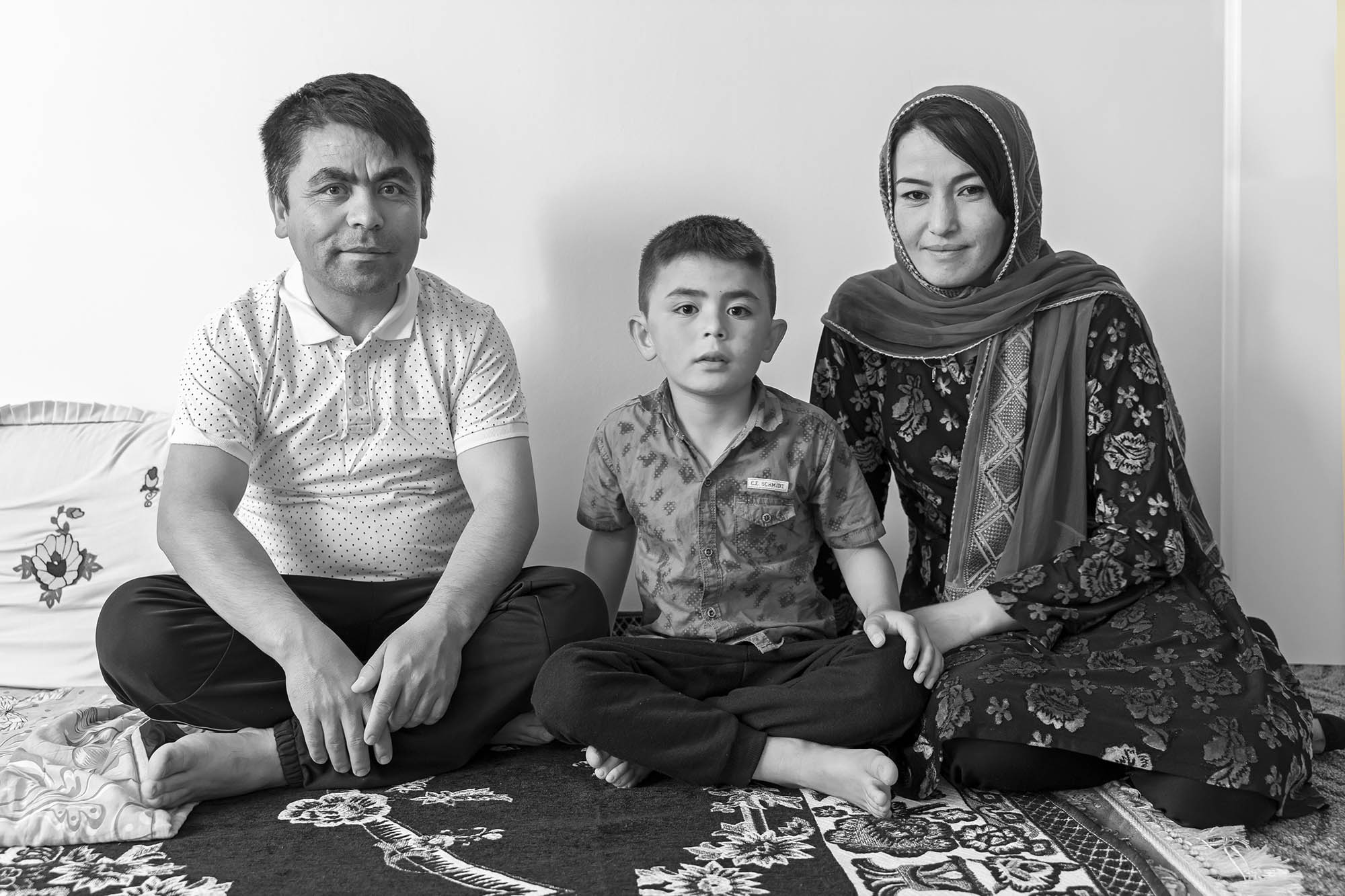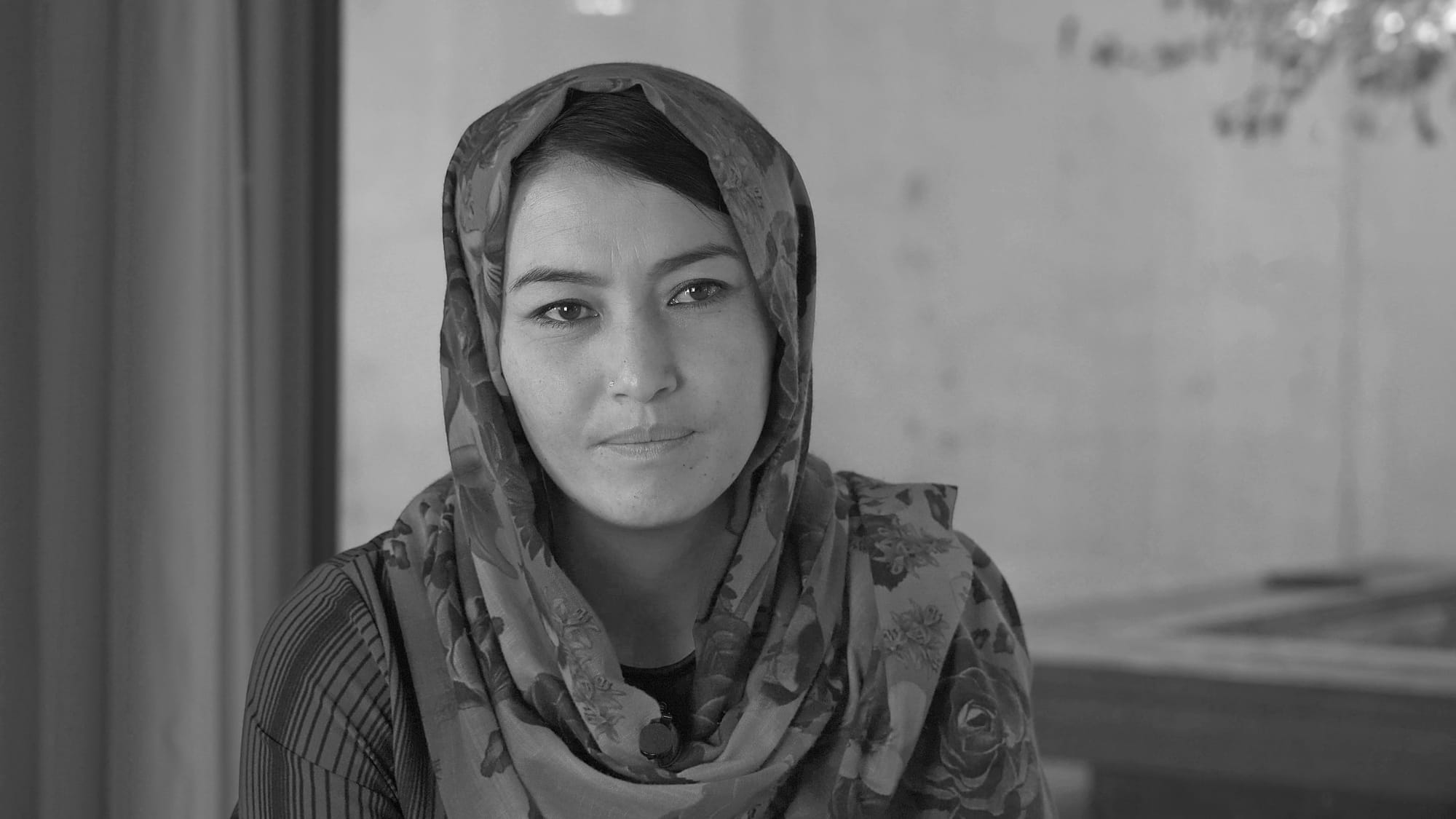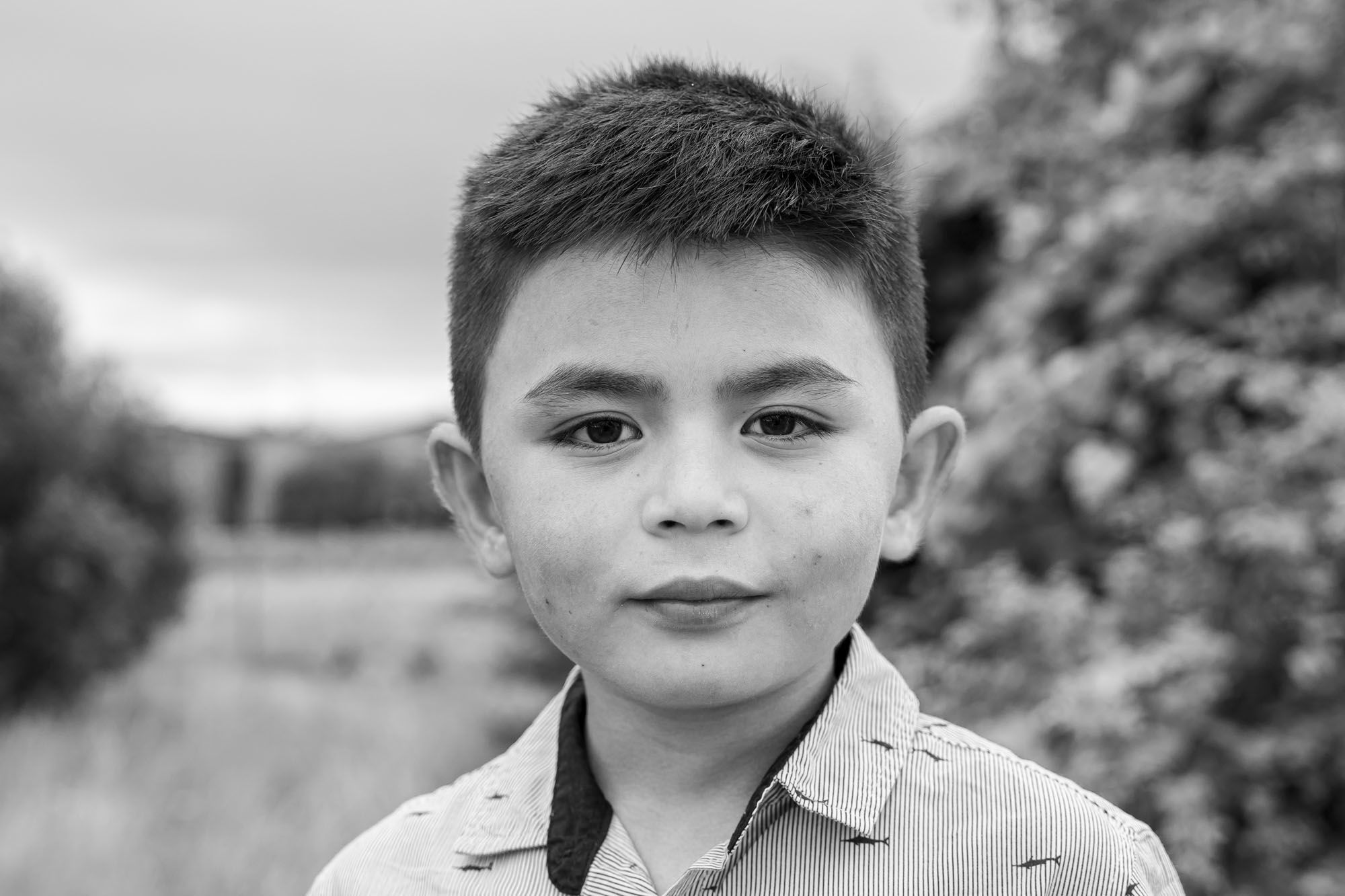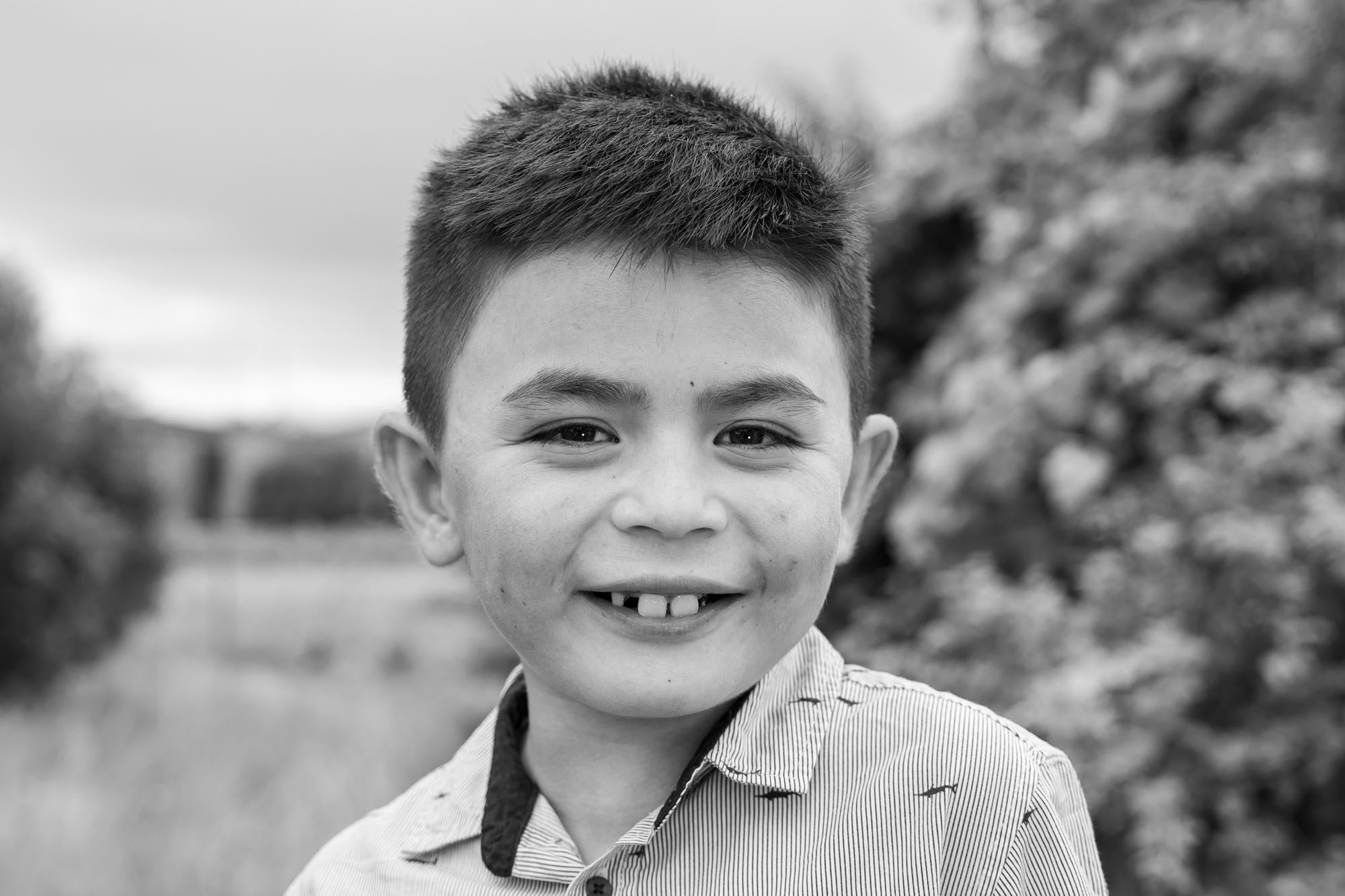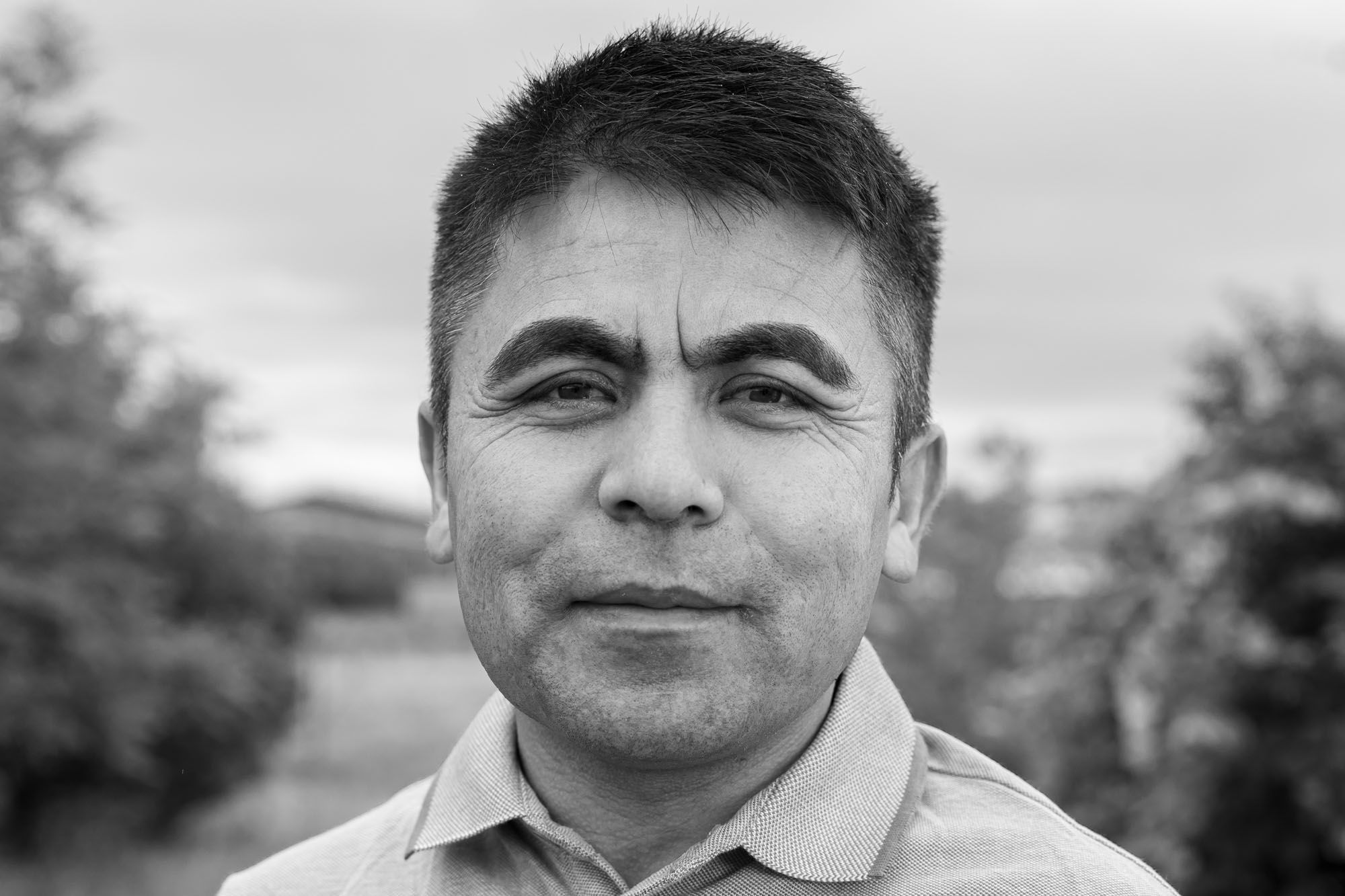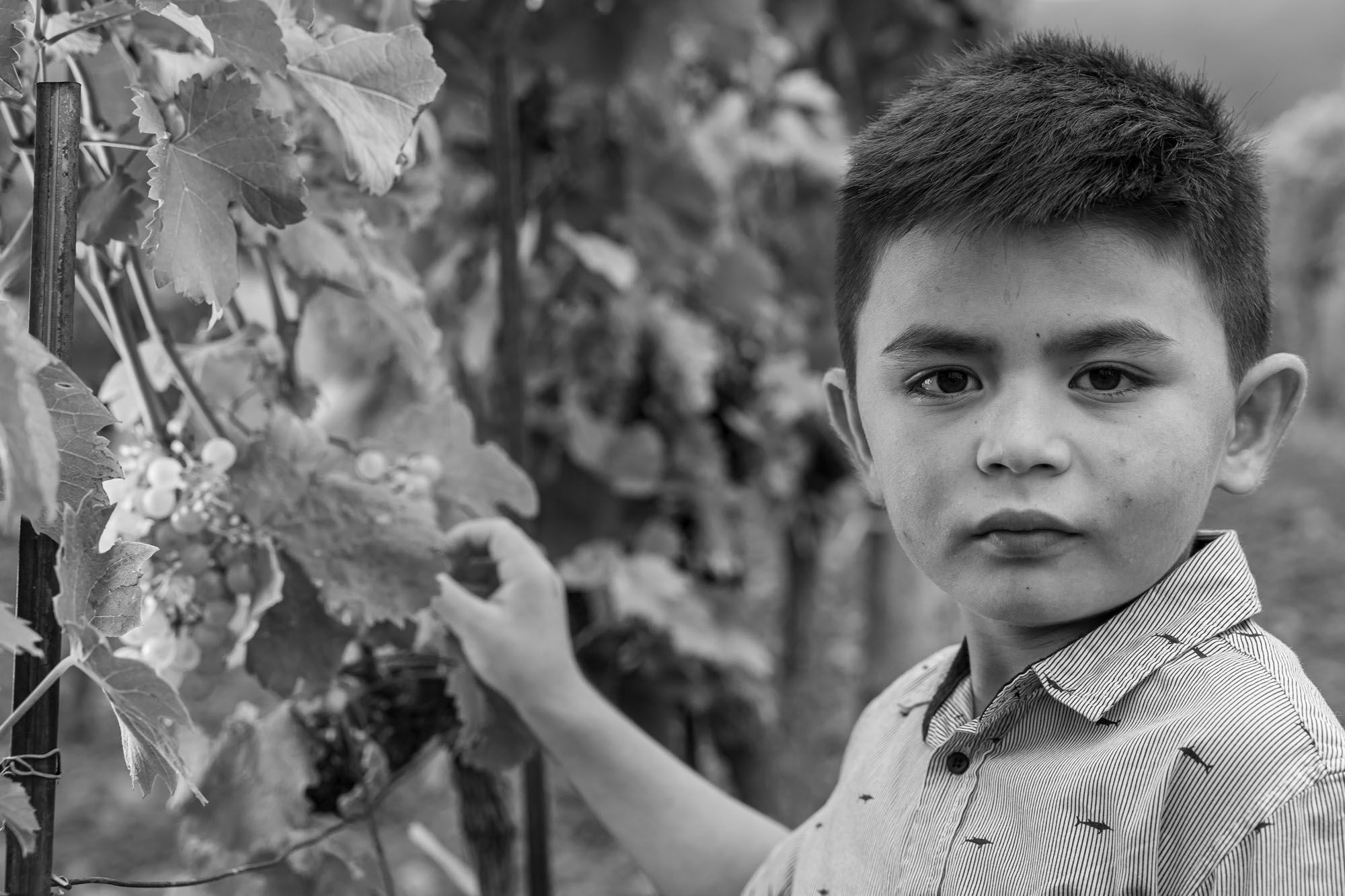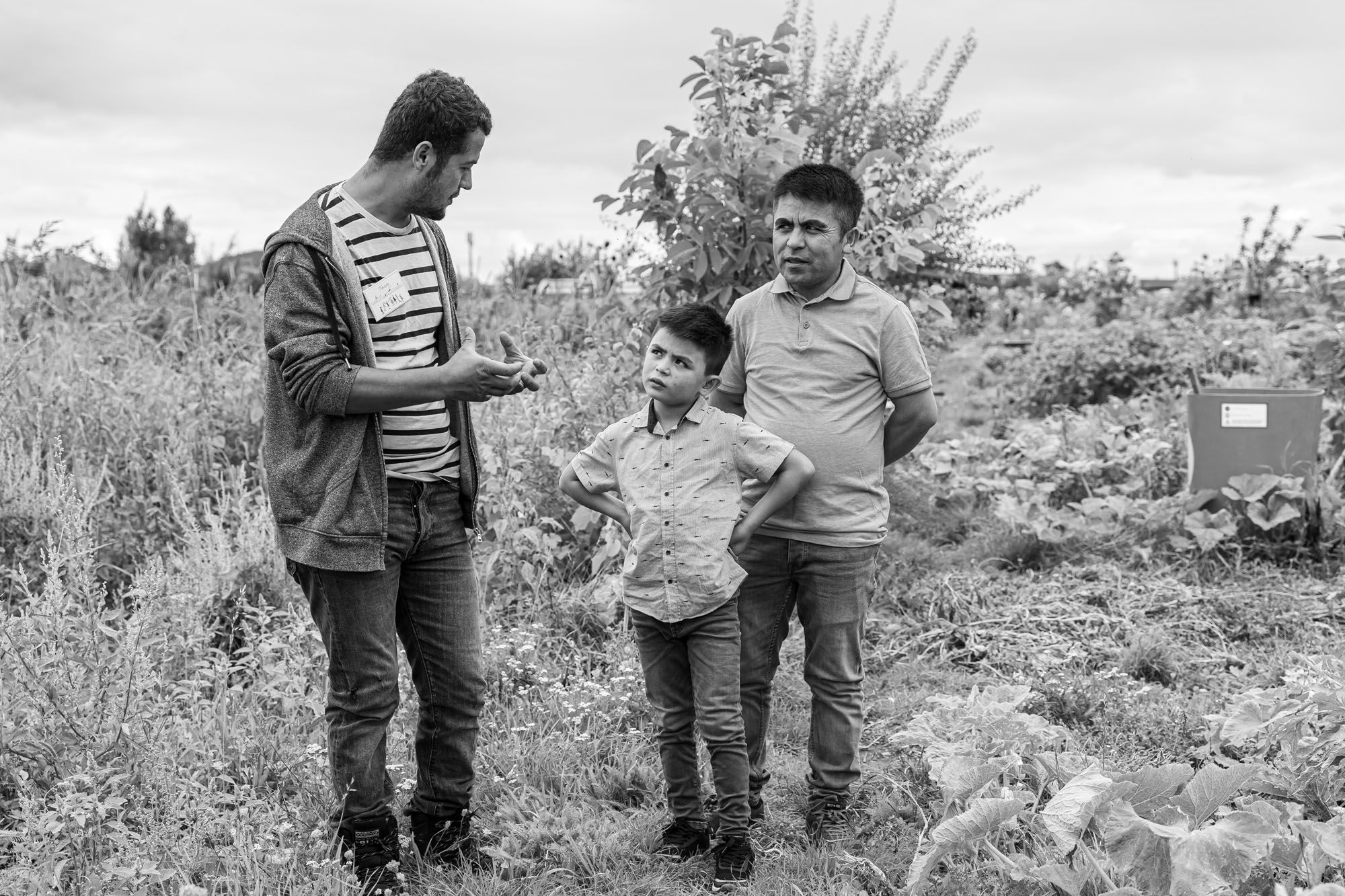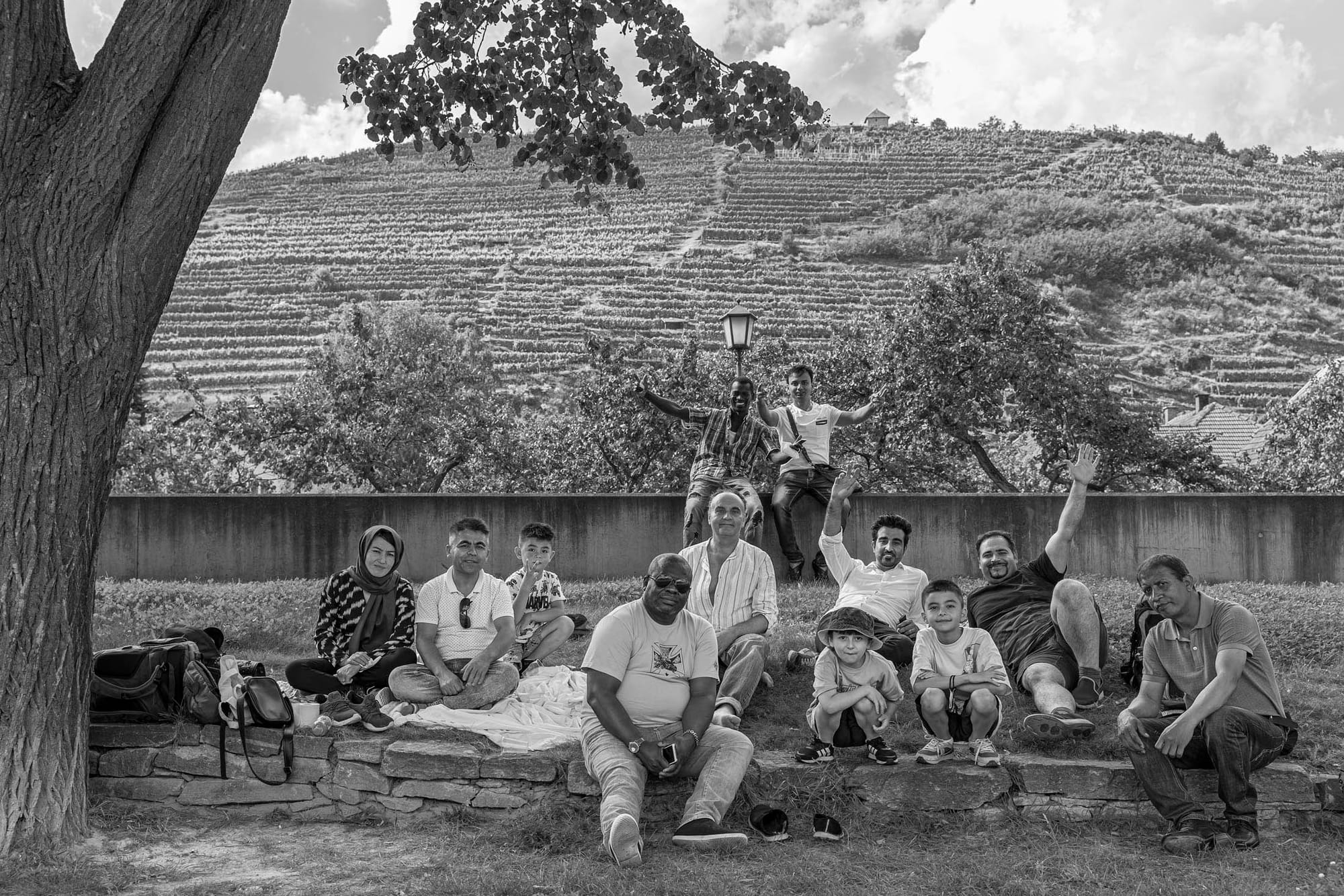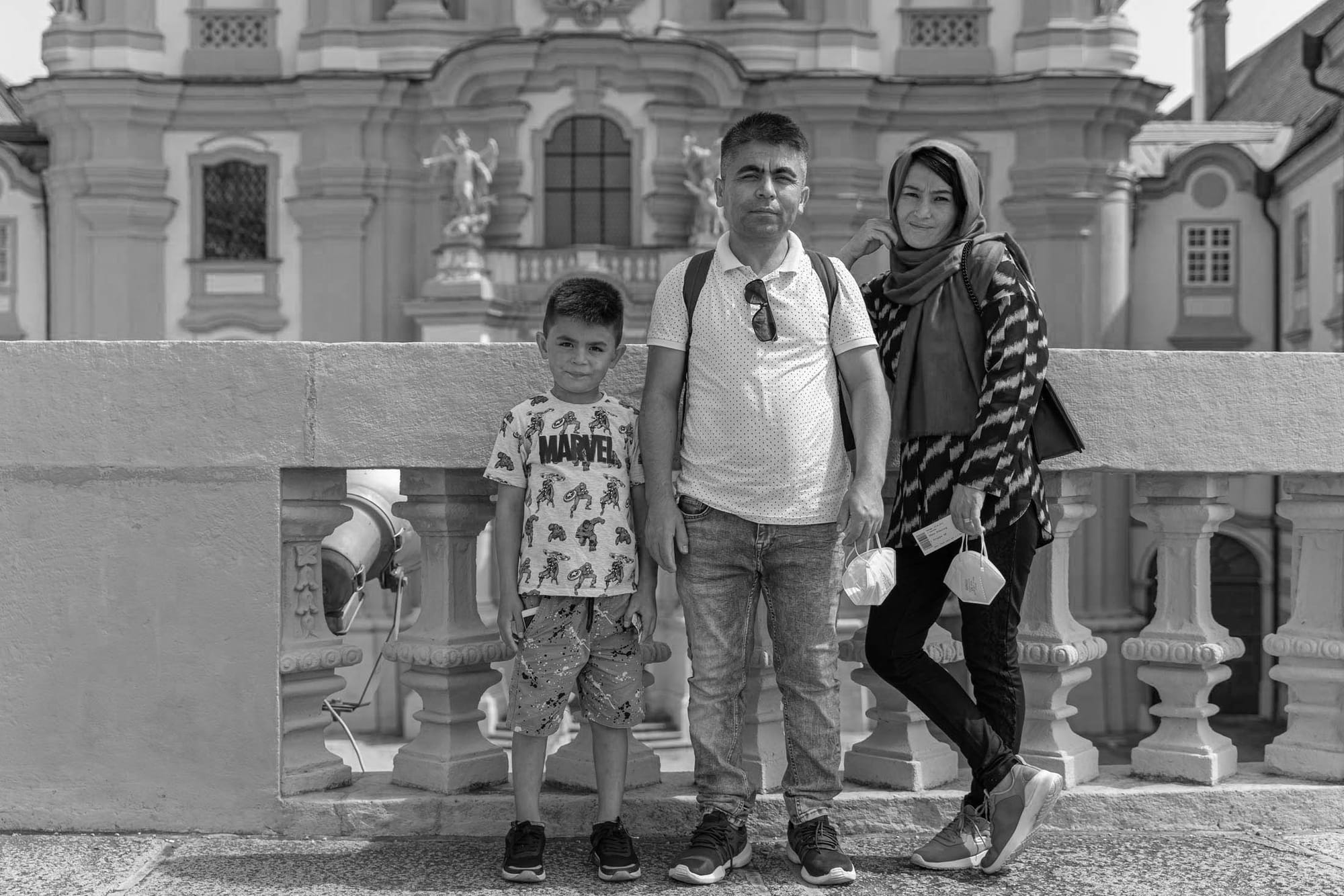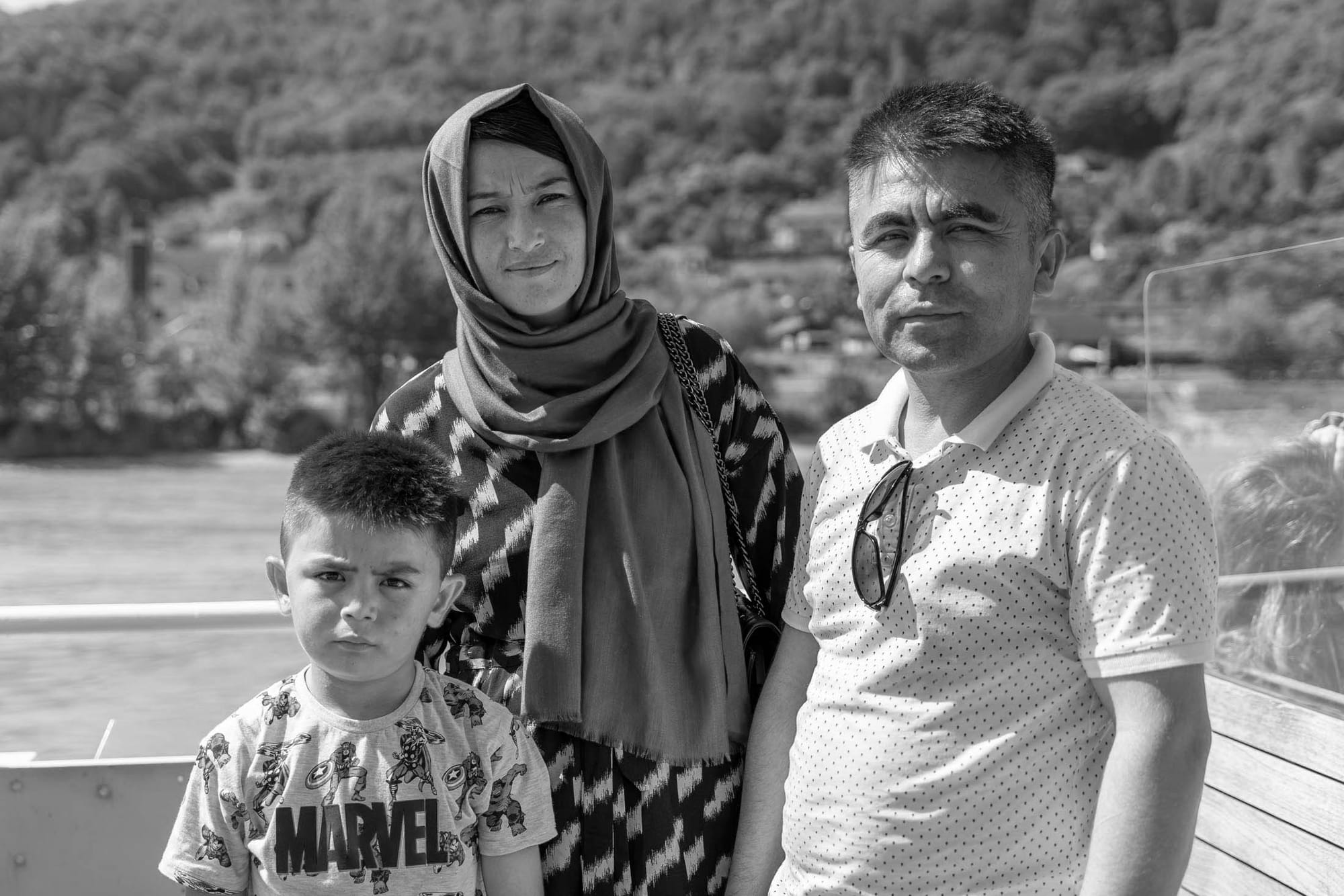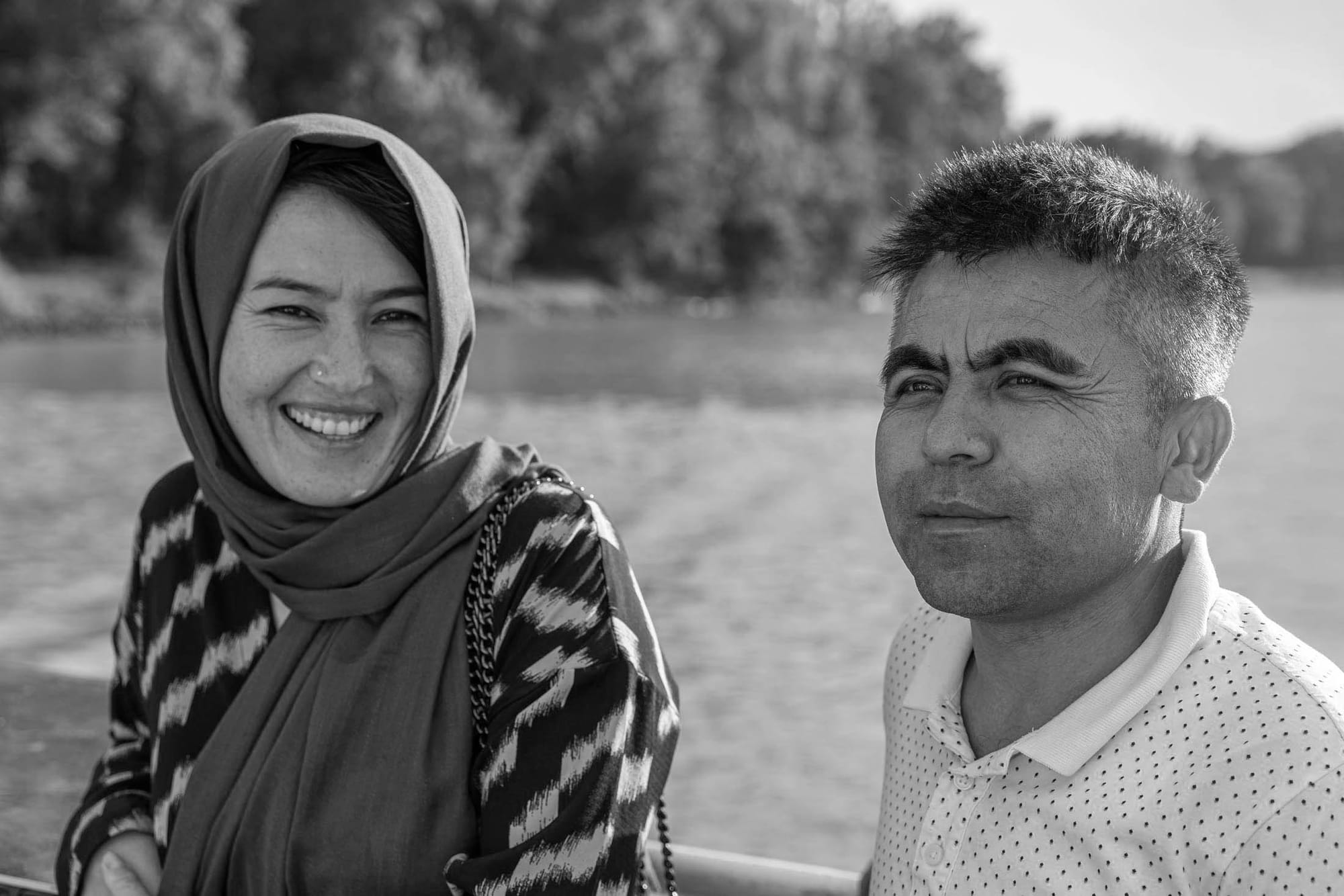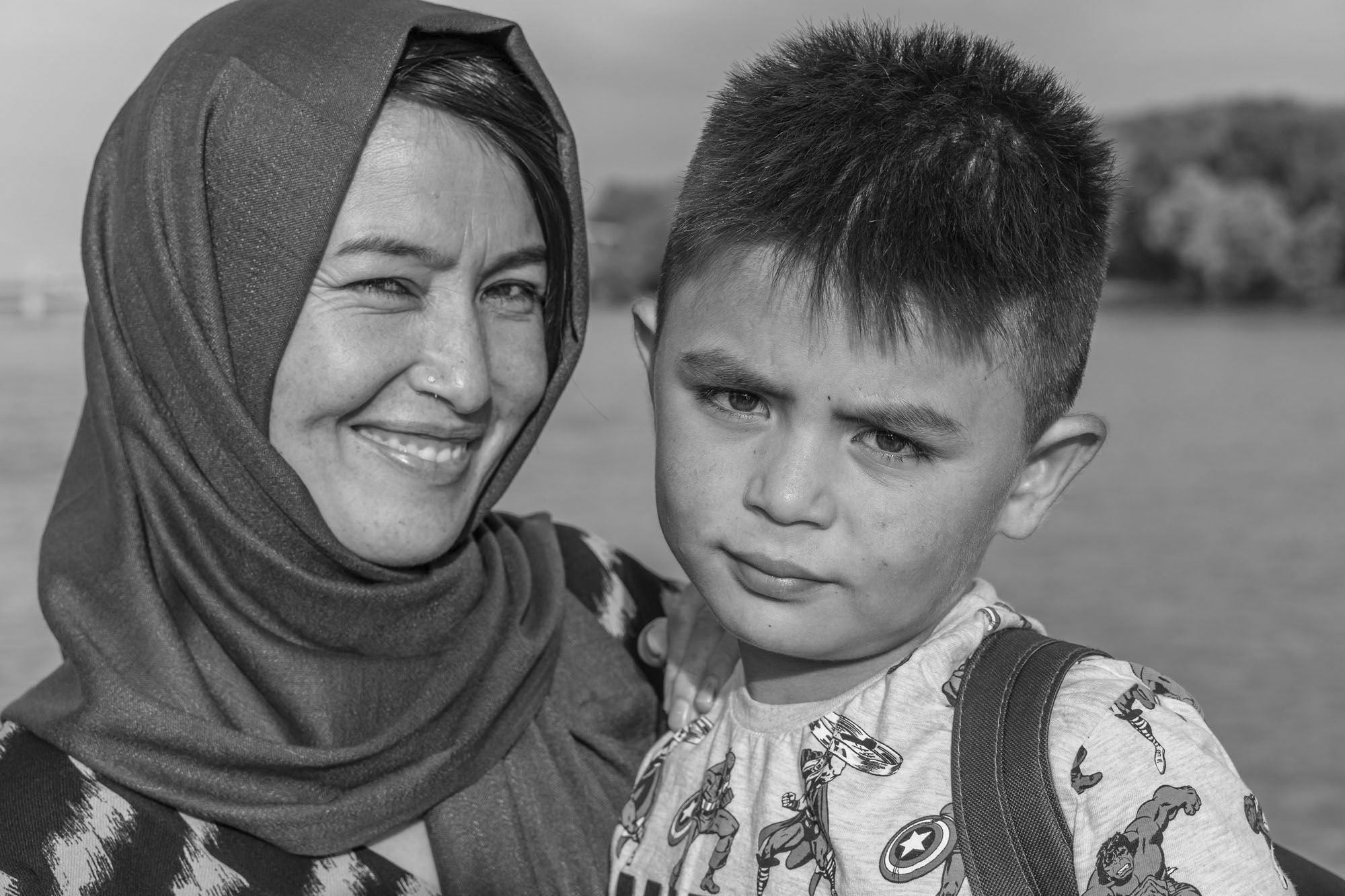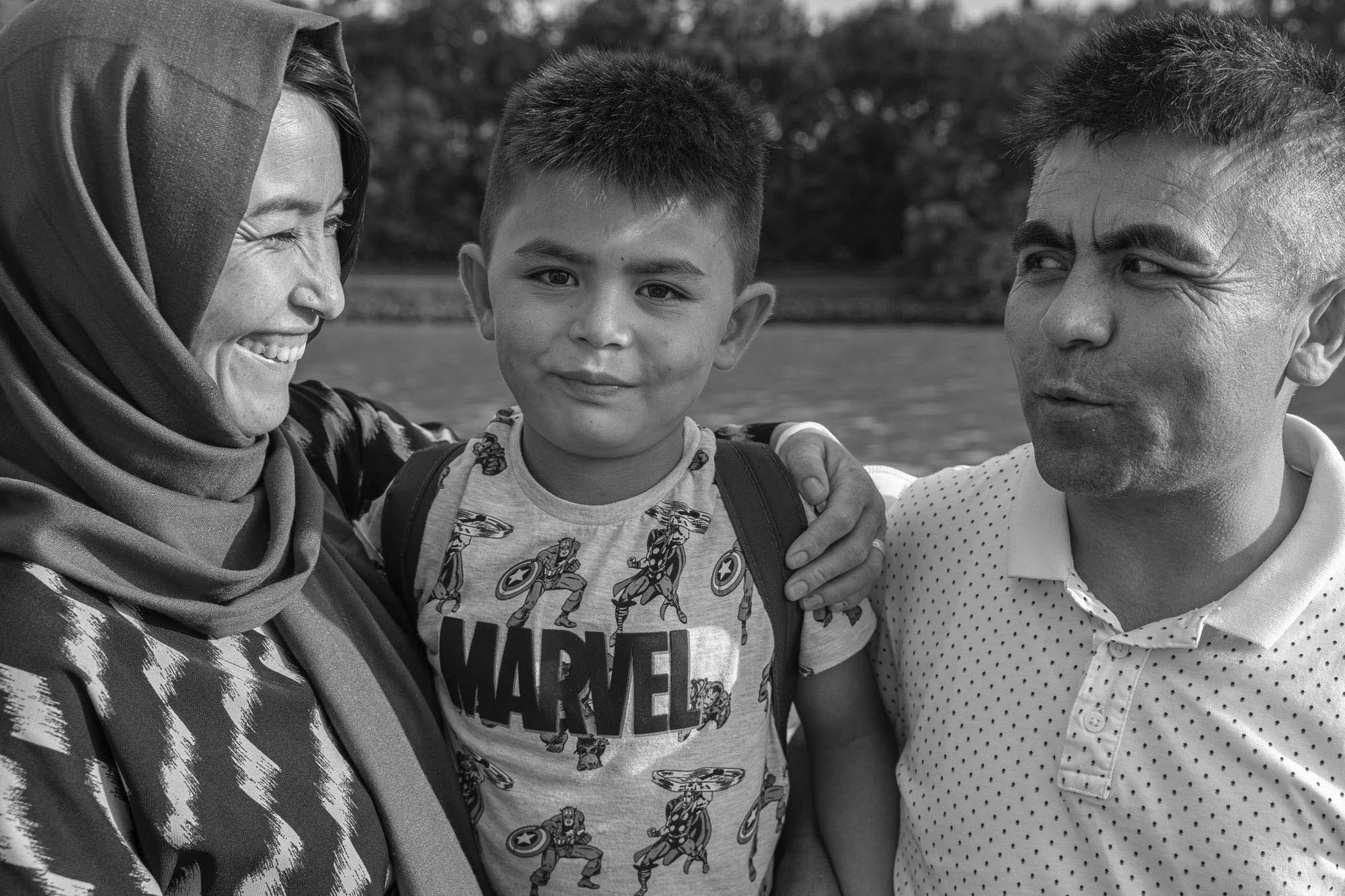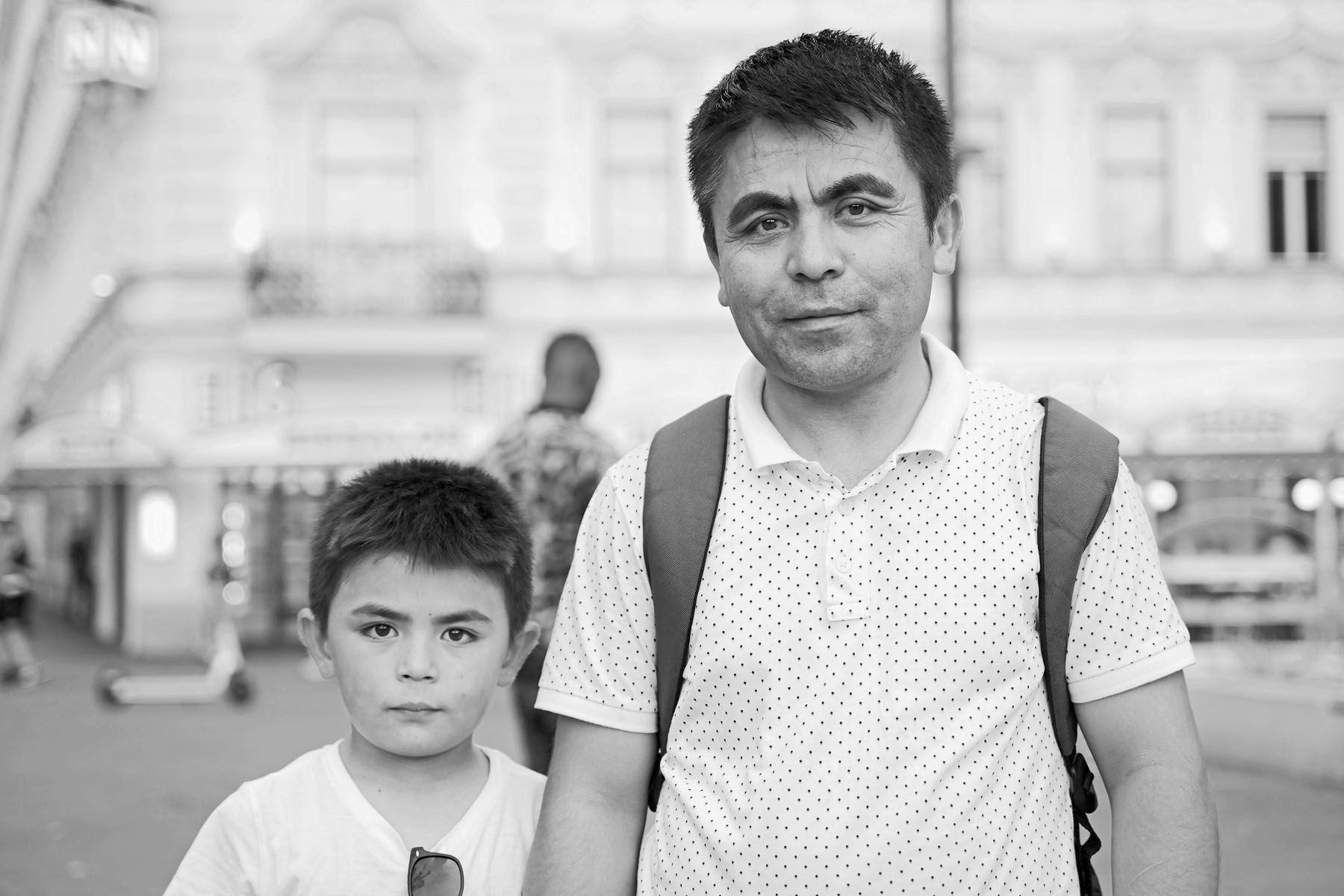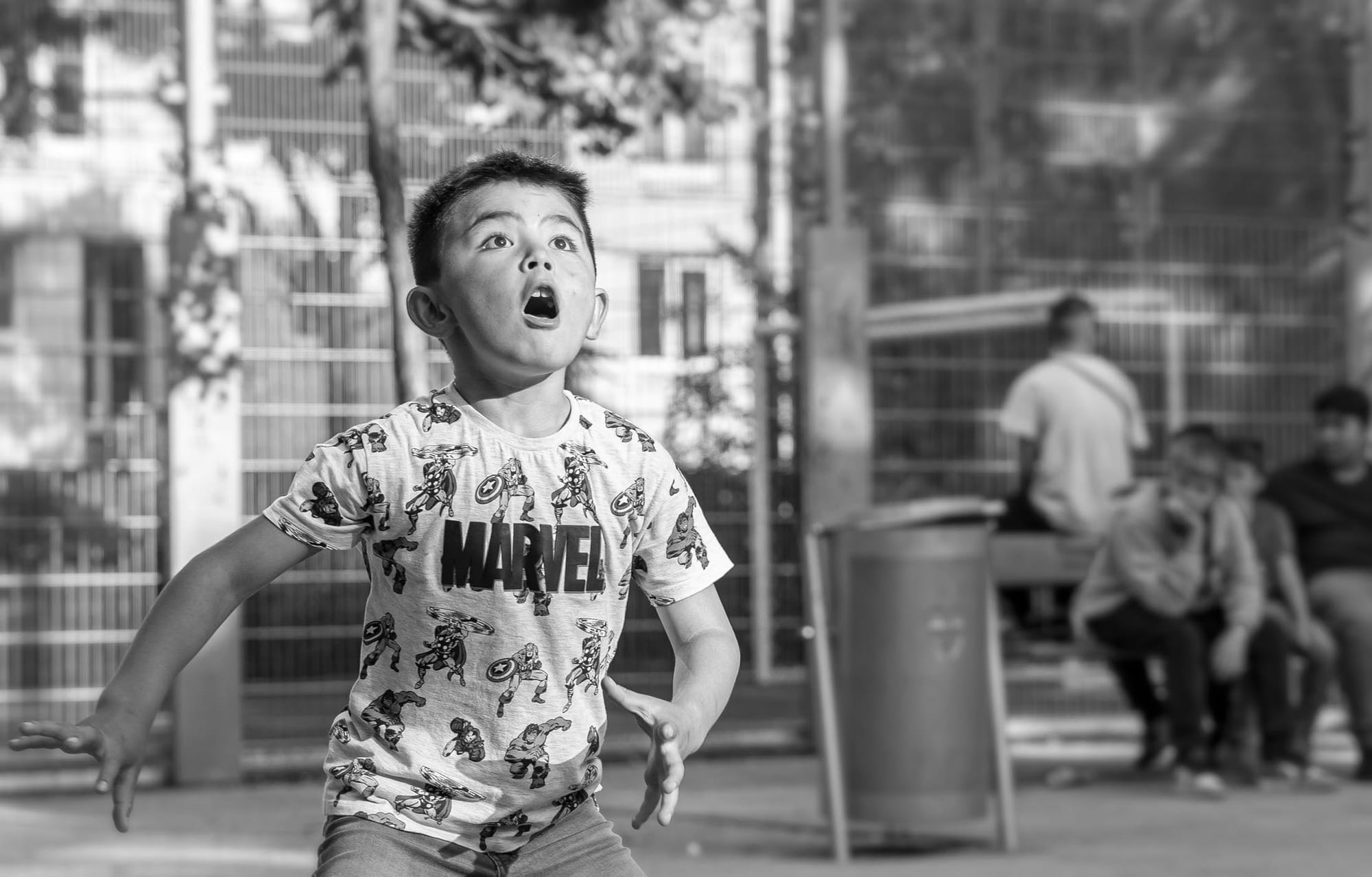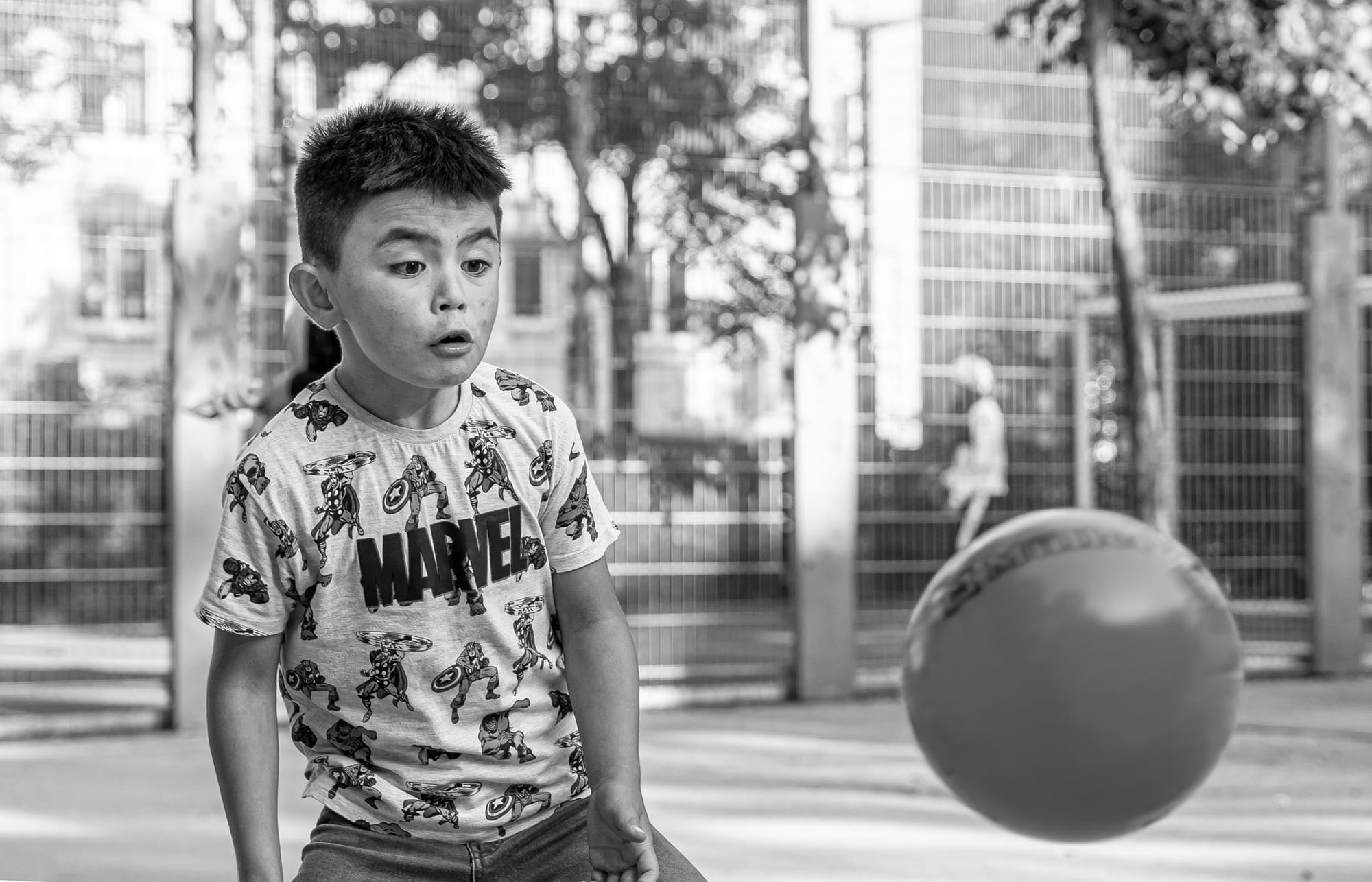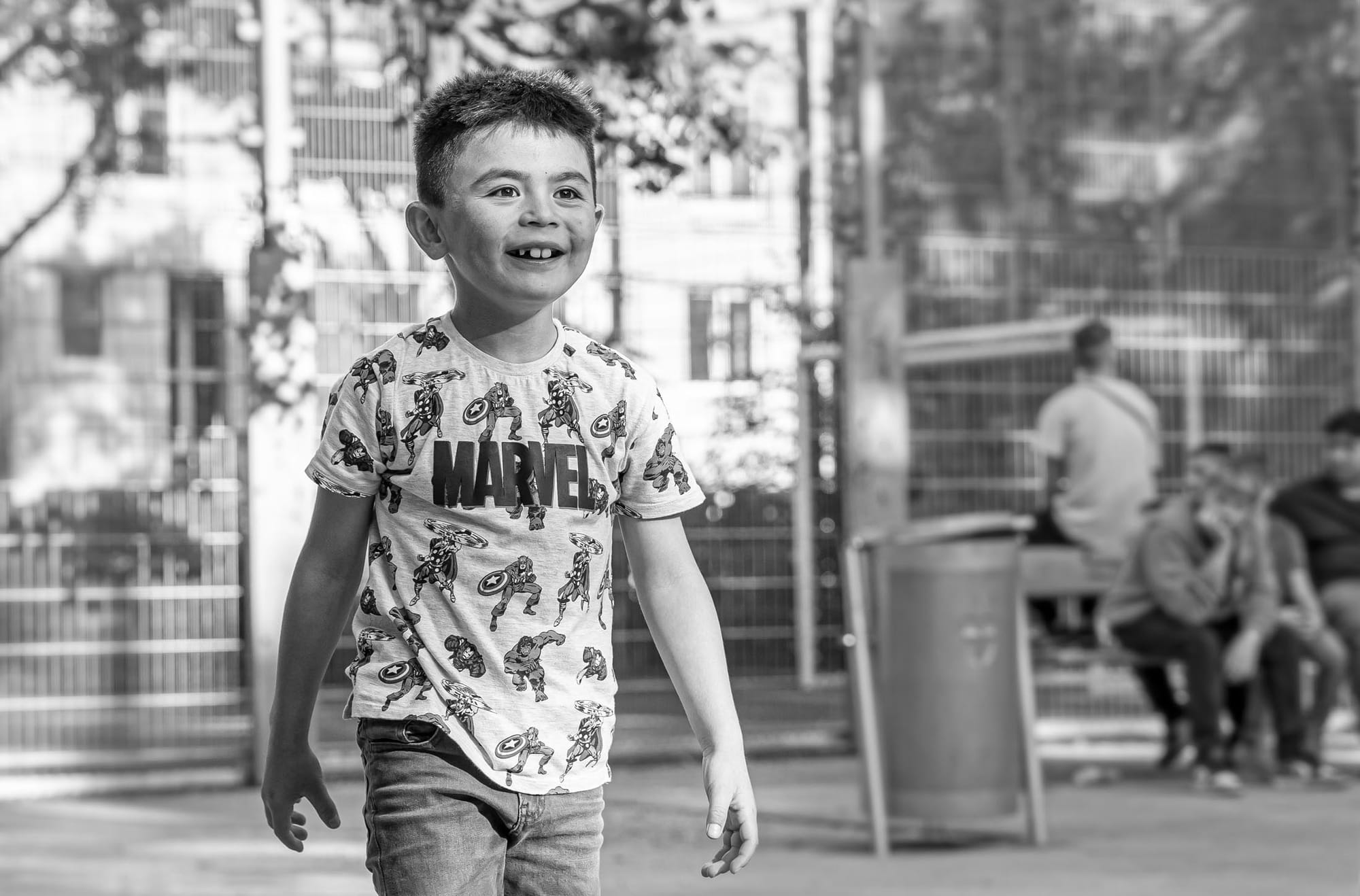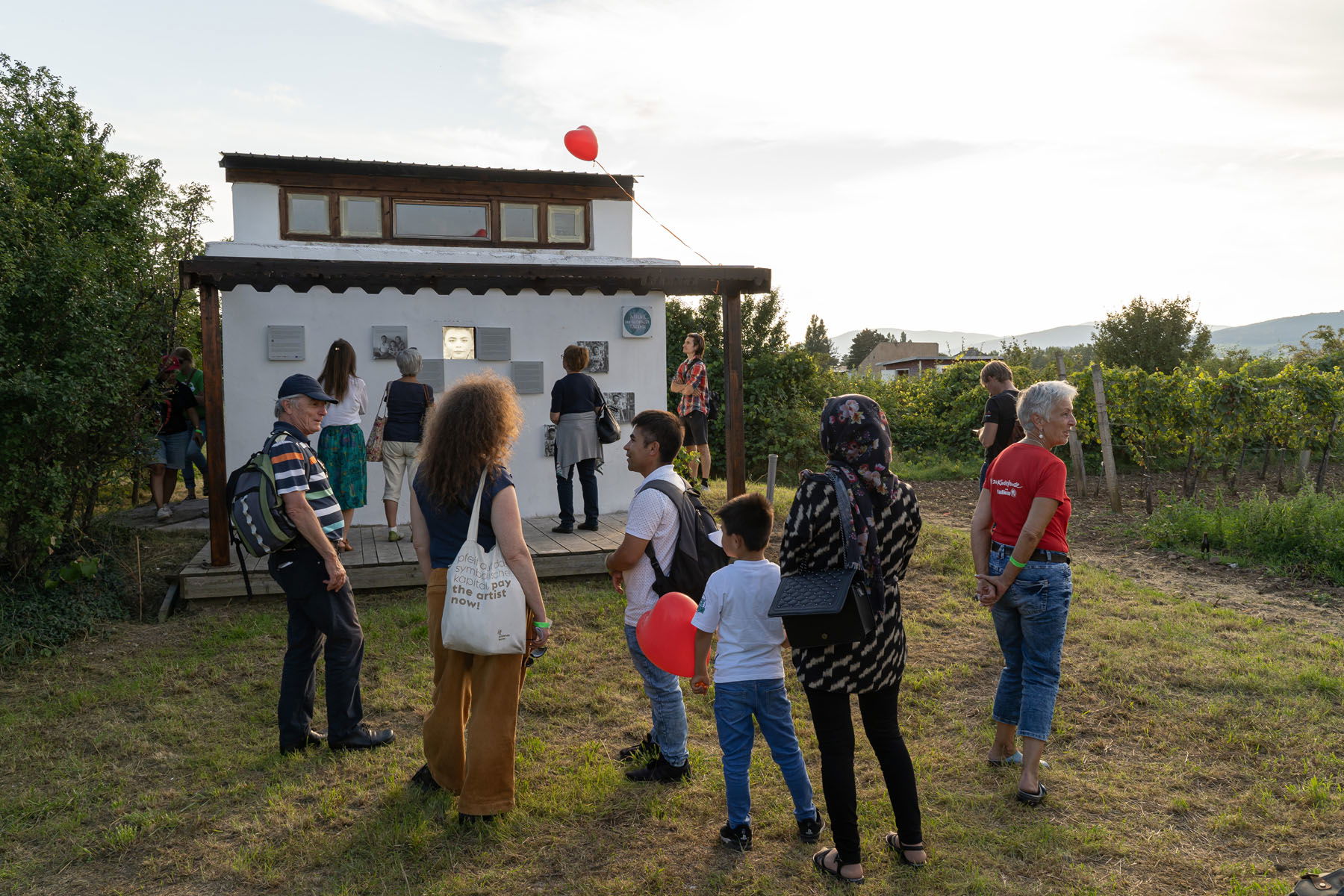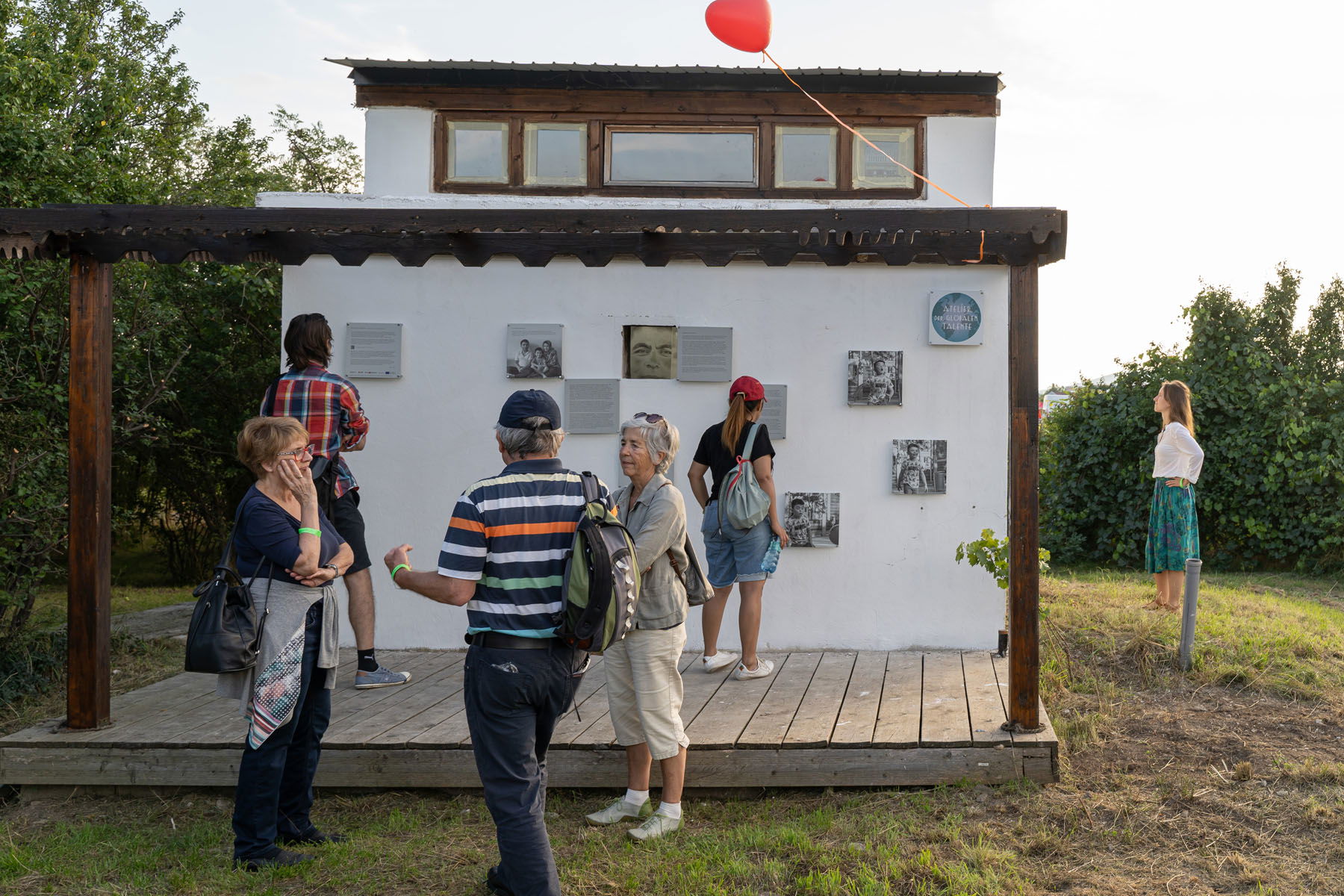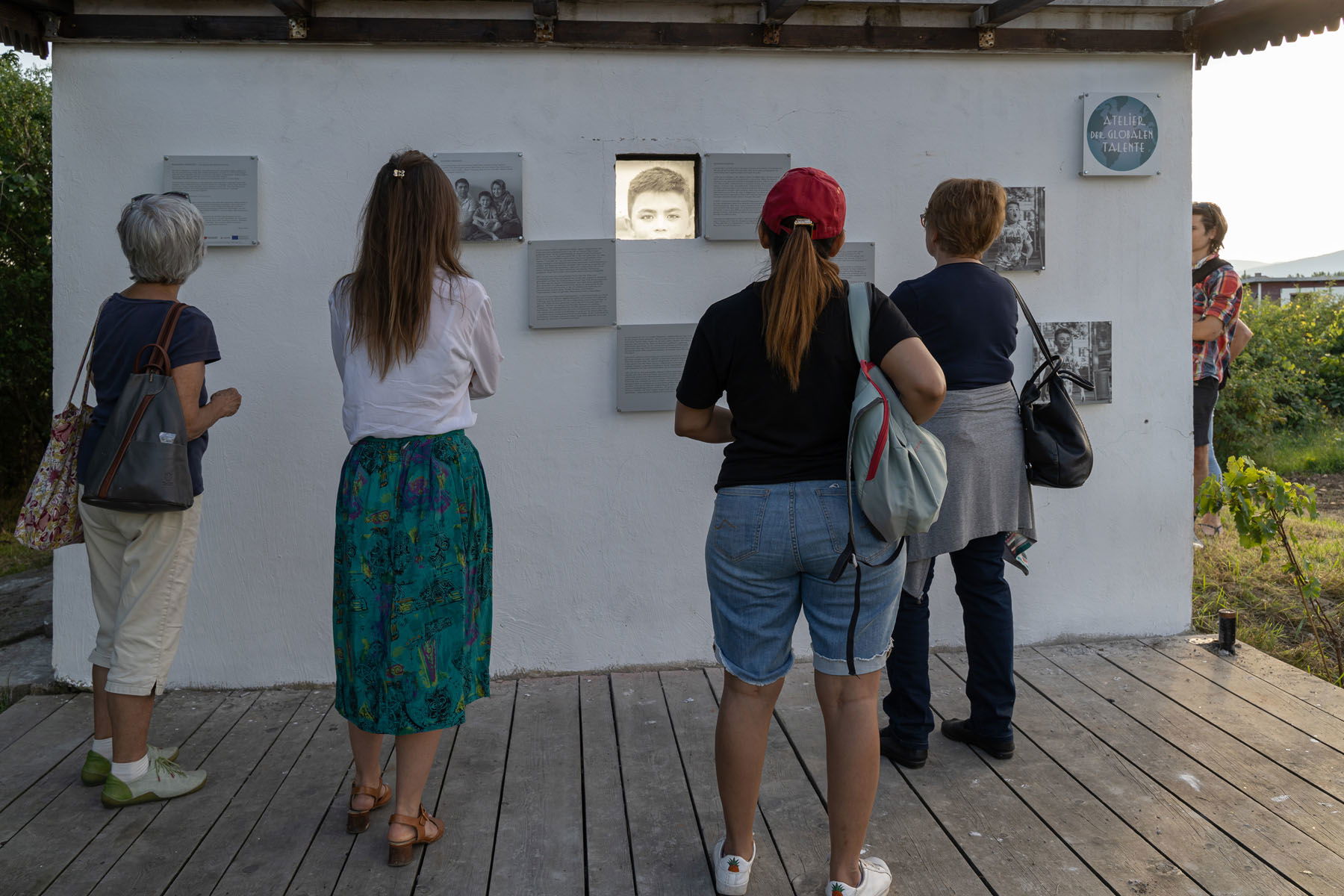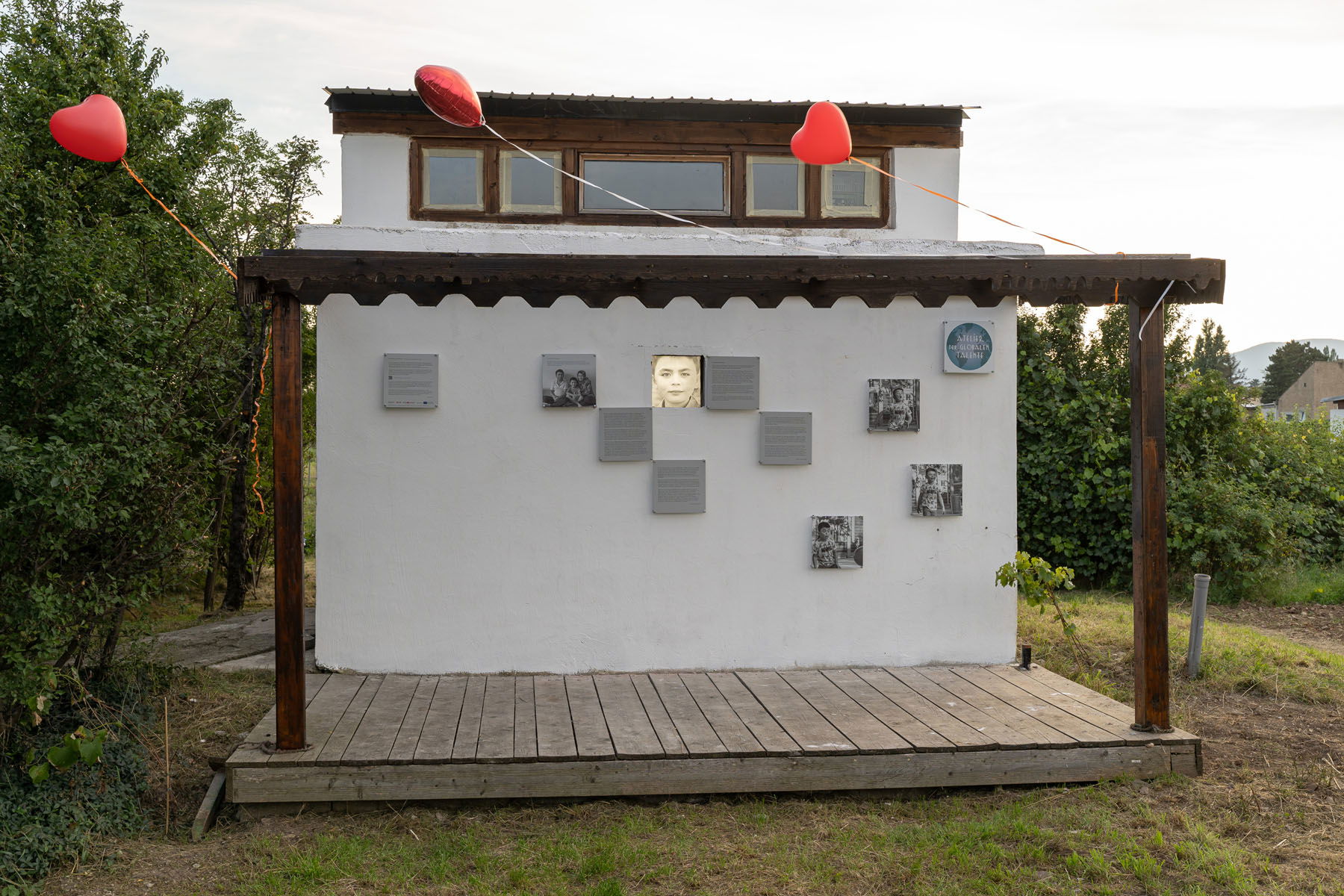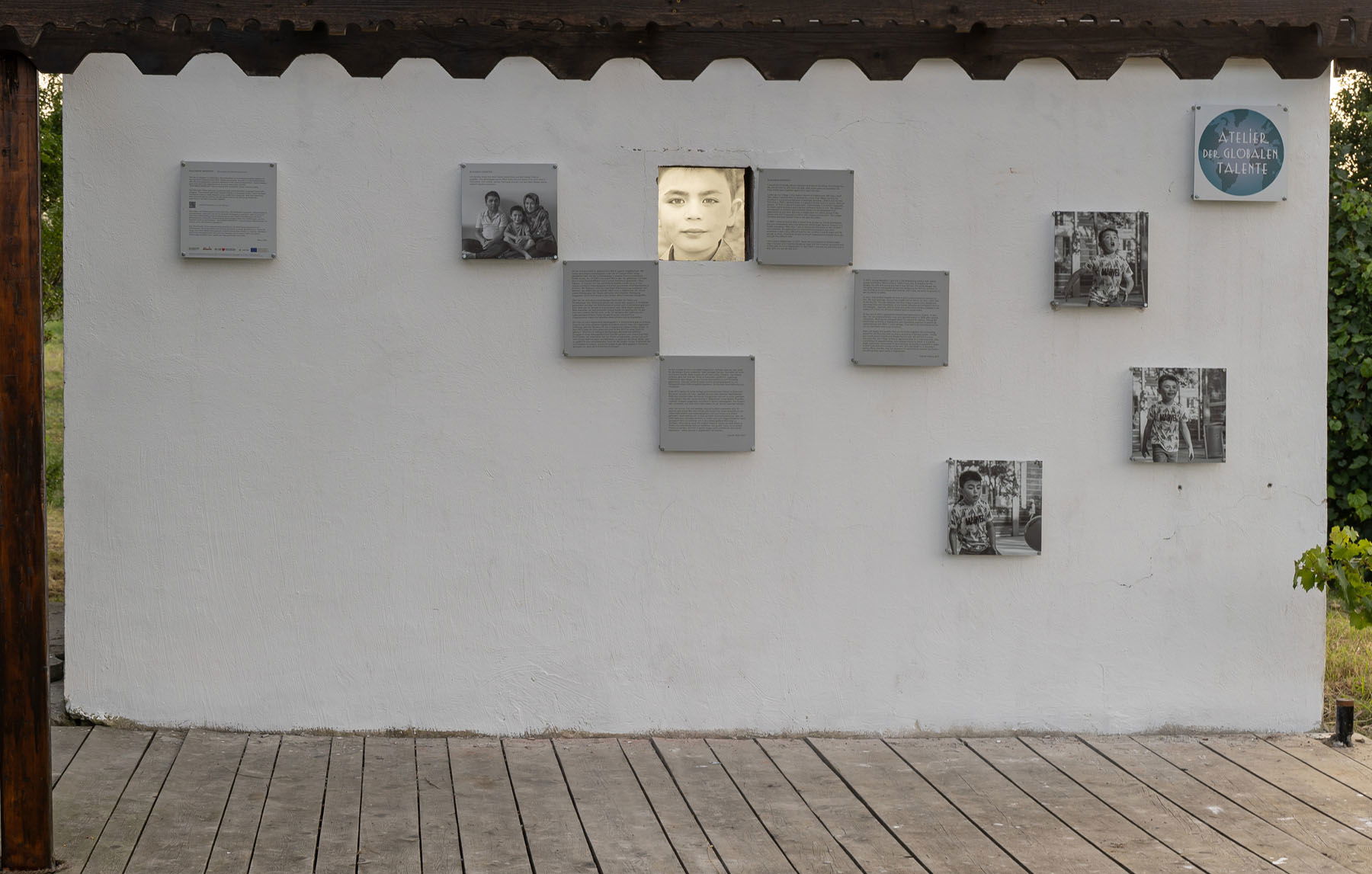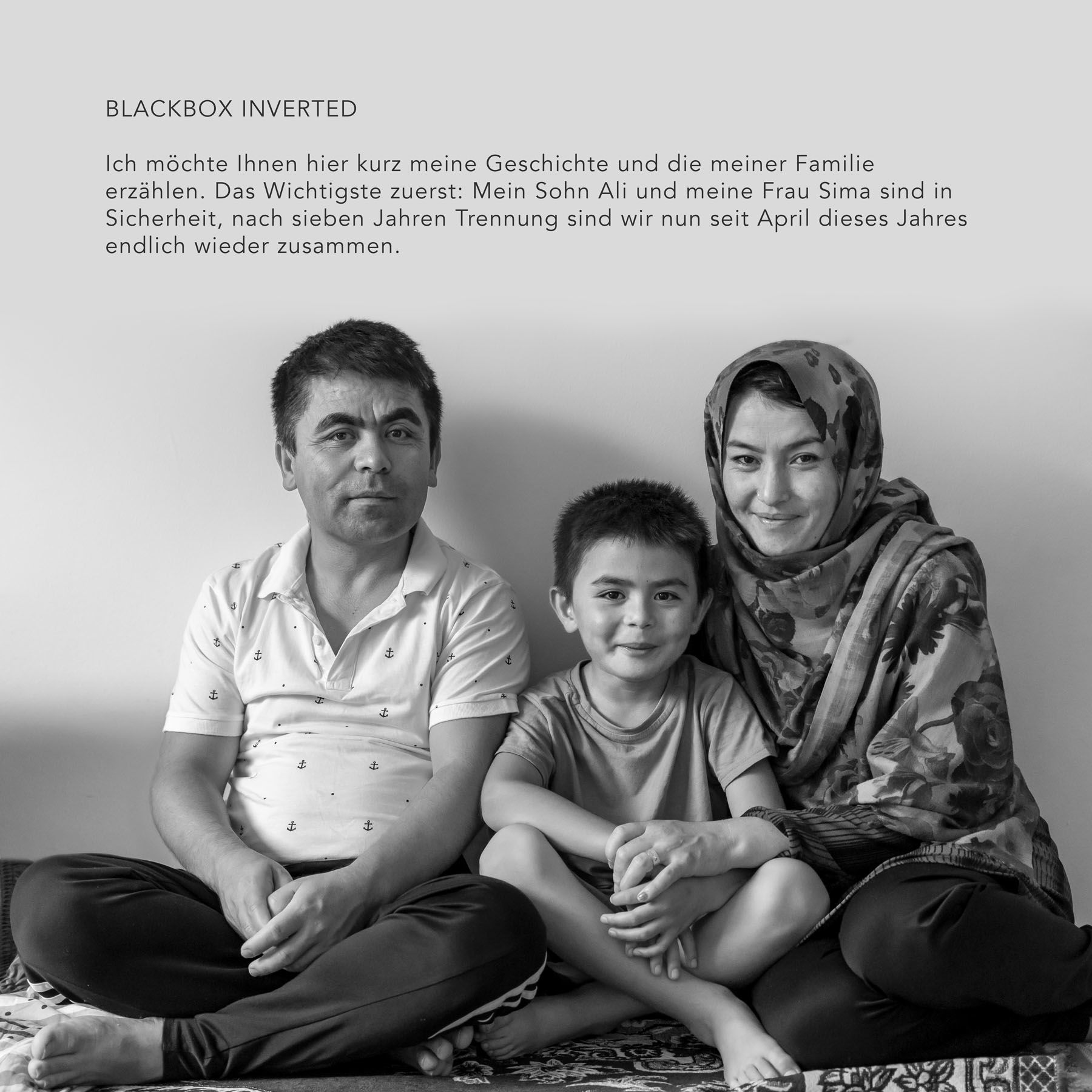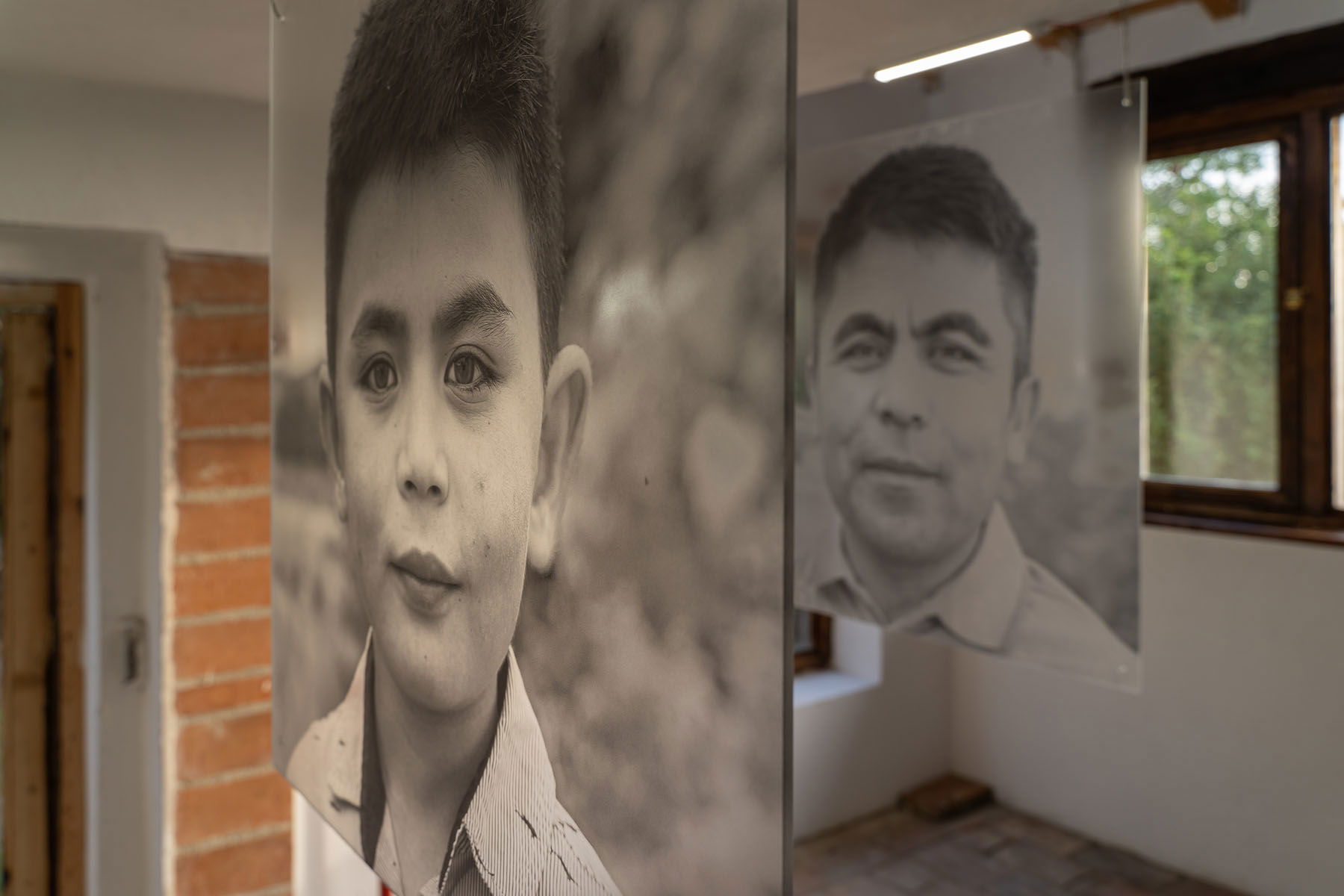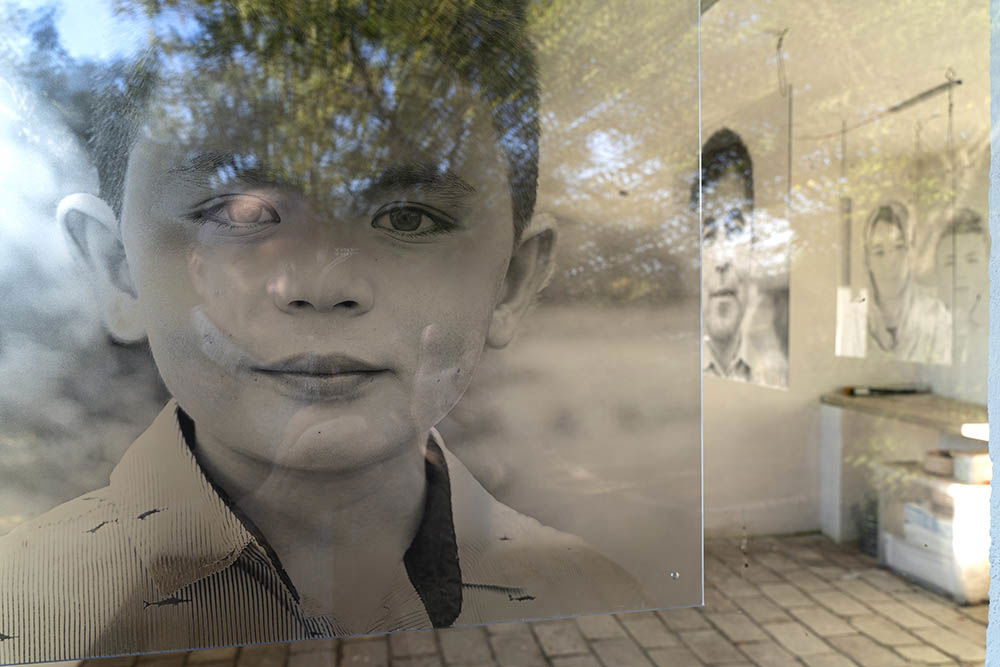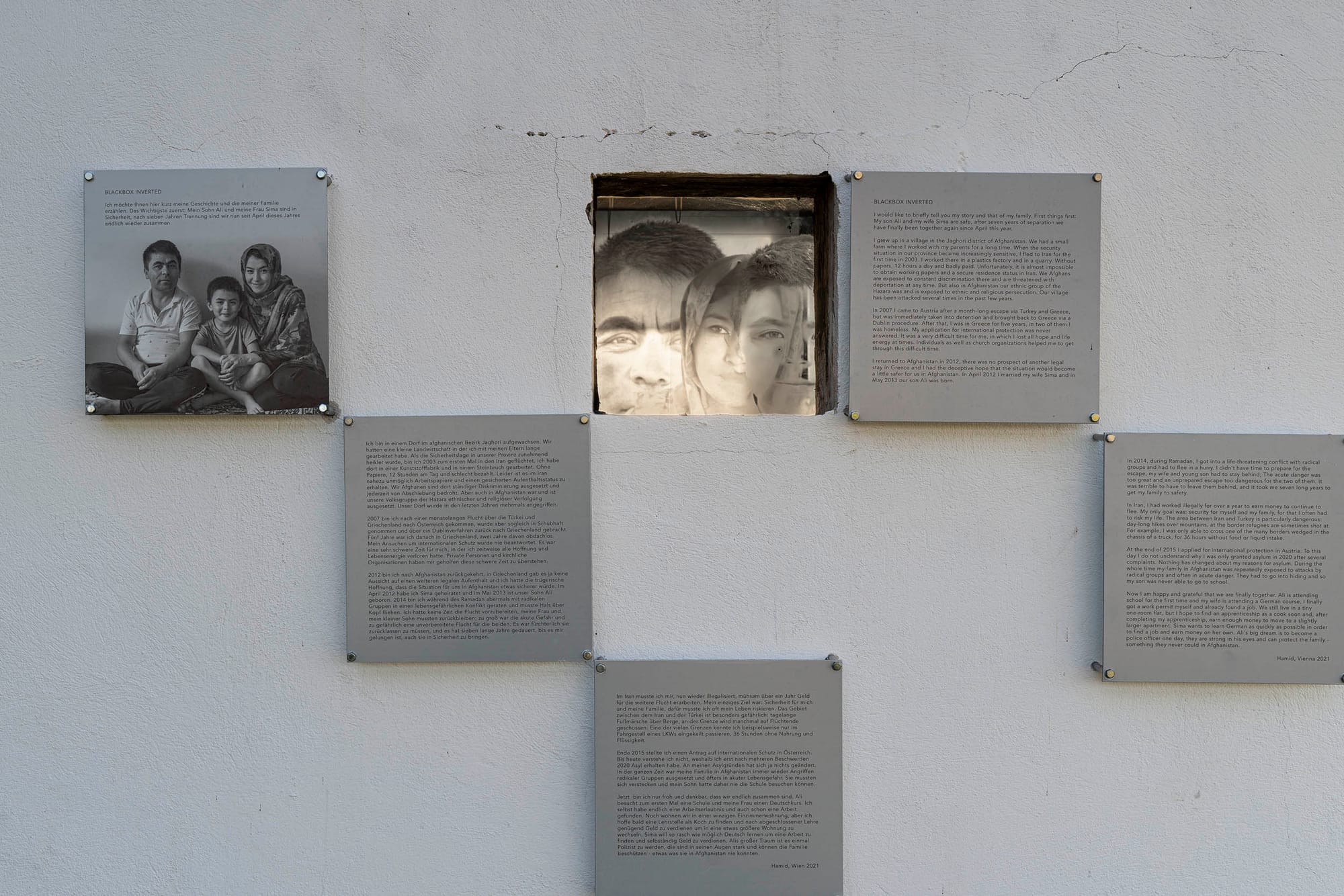BLACKBOX INVERTED
art project by Hamid and Victor
about
BLACKBOX INVERTED
Kunstprojekt von Hamid und Victor
Das Leben von Flüchtlingen ist eine Blackbox. Die Behörden versuchen, Asylsuchende zu anonymisieren, einerseits um sie vor weiterer Verfolgung zu schützen, aber auch um im Falle einer Abschiebung eine Verbrüderung mit der lokalen Bevölkerung und damit Widerstand zu vermeiden. Asylsuchende beschönigen selbst ihre Erfahrungen, um ihre Familien nicht zu beunruhigen. "BLACKBOX INVERTED" versucht diesen Mechanismus im Inneren einer Kernfamilie umzukehren.
Der Filmemacher Victor arbeitet ehrenamtlich am Ute Bock Sprachenzentrum mit Geflüchteten. Dort freundeten sich Hamid und Victor in einem Sprachkurs an. Victor hat lange nach einer Möglichkeit gesucht, Hamids Geschichte sichtbar zu machen. Nachdem Hamid nun Asyl bekommen hat und sich überlegt, wie er seinem Sohn von seinen Erfahrungen erzählen kann, wollen wir das gemeinsam versuchen.
BLACKBOX INVERTED
Art project by Hamid and Victor
The life of refugees is a black box. The authorities try to anonymize asylum seekers, on the one hand to protect them from further persecution, but also to avoid fraternization with the local population and thus resistance in the event of deportation. Asylum seekers gloss over their own experiences so as not to worry their families. "BLACKBOX INVERTED" tries to reverse this mechanism inside a nuclear family.
The filmmaker Victor works on a voluntary basis at the Ute Bock Language Center with refugees. There Hamid and Victor became friends in a language course. Victor has been looking for a way to make Hamid's story visible for a long time. Now that Hamid has been granted asylum and has thought about how he can tell his son about his experiences, we want to try that together.
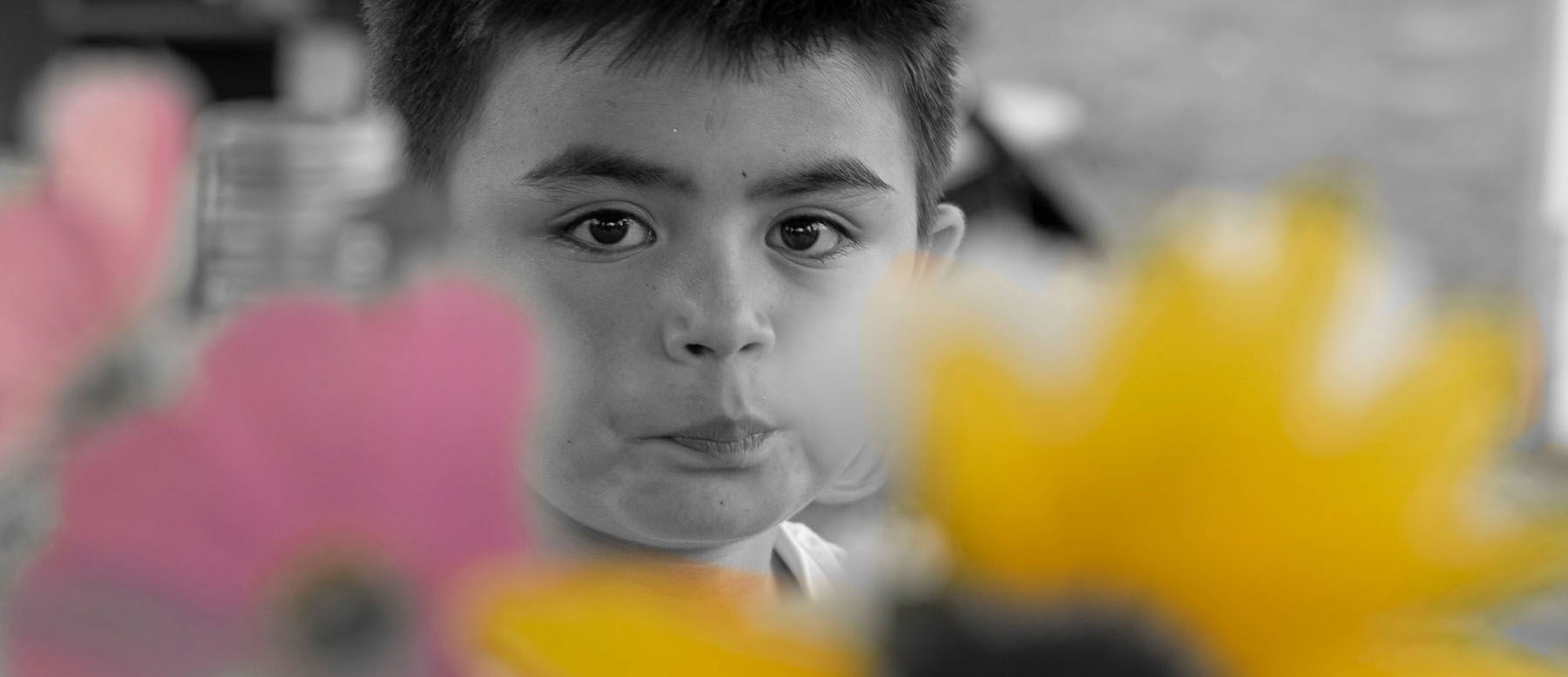
unsere geschichte
Ich möchte Ihnen hier kurz meine Geschichte und die meiner Familie erzählen.
Das Wichtigste zuerst: Mein Sohn Ali und meine Frau Sima sind in Sicherheit, nach sieben Jahren Trennung sind wir nun seit April dieses Jahres endlich wieder zusammen.
Ich bin in einem Dorf im afghanischen Bezirk Jaghori aufgewachsen. Wir hatten eine kleine Landwirtschaft in der ich mit meinen Eltern lange gearbeitet habe. Als die Sicherheitslage in unserer Provinz zunehmend heikler wurde, bin ich 2003 zum ersten Mal in den Iran geflüchtet. Ich habe dort in einer Kunststofffabrik und in einem Steinbruch gearbeitet. Ohne Papiere, 12 Stunden am Tag und schlecht bezahlt. Leider ist es im Iran nahezu unmöglich Arbeitspapiere und einen gesicherten Aufenthaltsstatus zu erhalten. Wir Afghanen sind dort ständiger Diskriminierung ausgesetzt und jederzeit von Abschiebung bedroht. Aber auch in Afghanistan war und ist unsere Volksgruppe der Hazara ethnischer und religiöser Verfolgung ausgesetzt. Unser Dorf wurde in den letzten Jahren mehrmals angegriffen.
2007 bin ich nach einer monatelangen Flucht über die Türkei und Griechenland nach Österreich gekommen, wurde aber sogleich in Schubhaft genommen und über ein Dublinverfahren zurück nach Griechenland gebracht. Fünf Jahre war ich danach in Griechenland, zwei Jahre davon obdachlos. Mein Ansuchen um internationalen Schutz wurde nie beantwortet. Es war eine sehr schwere Zeit für mich, in der ich zeitweise alle Hoffnung und Lebensenergie verloren hatte. Private Personen und kirchliche Organisationen haben mir geholfen diese schwere Zeit zu überstehen.
2012 bin ich nach Afghanistan zurückgekehrt, in Griechenland gab es ja keine Aussicht auf einen weiteren legalen Aufenthalt und ich hatte die trügerische Hoffnung, dass die Situation für uns in Afghanistan etwas sicherer würde. Im April 2012 habe ich Sima geheiratet und im Mai 2013 ist unser Sohn Ali geboren. 2014 bin ich während des Ramadan abermals mit radikalen Gruppen in einen lebensgefährlichen Konflikt geraten und musste Hals über Kopf fliehen. Ich hatte keine Zeit die Flucht vorzubereiten, meine Frau und mein kleiner Sohn mussten zurückbleiben; zu groß war die akute Gefahr und zu gefährlich eine unvorbereitete Flucht für die beiden. Es war fürchterlich sie zurücklassen zu müssen, und es hat sieben lange Jahre gedauert, bis es mir gelungen ist, auch sie in Sicherheit zu bringen.
Im Iran musste ich mir, nun wieder illegalisiert, mühsam über ein Jahr Geld für die weitere Flucht erarbeiten. Mein einziges Ziel war: Sicherheit für mich und meine Familie, dafür musste ich oft mein Leben riskieren. Das Gebiet zwischen dem Iran und der Türkei ist besonders gefährlich: tagelange Fußmärsche über Berge, an der Grenze wird manchmal auf Flüchtende geschossen. Eine der vielen Grenzen konnte ich beispielsweise nur im Fahrgestell eines LKWs eingekeilt passieren, 36 Stunden ohne Nahrung und Flüssigkeit.
Ende 2015 stellte ich einen Antrag auf internationalen Schutz in Österreich. Bis heute verstehe ich nicht, weshalb ich erst nach mehreren Beschwerden 2020 Asyl erhalten habe. An meinen Asylgründen hat sich ja nichts geändert. In der ganzen Zeit war meine Familie in Afghanistan immer wieder Angriffen radikaler Gruppen ausgesetzt und öfters in akuter Lebensgefahr. Sie mussten sich verstecken und mein Sohn hatte daher nie die Schule besuchen können.
Jetzt bin ich nur froh und dankbar, dass wir endlich zusammen sind. Ali besucht zum ersten Mal eine Schule und meine Frau einen Deutschkurs. Ich selbst habe endlich eine Arbeitserlaubnis und auch schon eine Arbeit gefunden. Noch wohnen wir in einer winzigen Einzimmerwohnung, aber ich hoffe bald eine Lehrstelle als Koch zu finden und nach abgeschlossener Lehre genügend Geld zu verdienen um in eine etwas größere Wohnung zu wechseln. Sima will so rasch wie möglich Deutsch lernen um eine Arbeit zu finden und selbständig Geld zu verdienen. Alis großer Traum ist es einmal Polizist zu werden, die sind in seinen Augen stark und können die Familie beschützen - etwas was sie in Afghanistan nie konnten.Hamid,
Wien 2021
our story
I would like to briefly tell you my story and that of my family.
First things first: My son Ali and my wife Sima are safe, after seven years of separation we have finally been together again since April this year.
I grew up in a village in the Jaghori district of Afghanistan. We had a small farm where I worked with my parents for a long time. When the security situation in our province became increasingly sensitive, I fled to Iran for the first time in 2003. I worked there in a plastics factory and in a quarry. Without papers, 12 hours a day and badly paid. Unfortunately, it is almost impossible to obtain working papers and a secure residence status in Iran. We Afghans are exposed to constant discrimination there and are threatened with deportation at any time. But also in Afghanistan our ethnic group of the Hazara was and is exposed to ethnic and religious persecution. Our village has been attacked several times in the past few years.
In 2007 I came to Austria after a month-long escape via Turkey and Greece, but was immediately taken into detention and brought back to Greece via a Dublin procedure. After that, I was in Greece for five years, in two of them I was homeless. My application for international protection was never answered. It was a very difficult time for me, in which I lost all hope and life energy at times. Individuals as well as church organizations helped me to get through this difficult time.
I returned to Afghanistan in 2012, there was no prospect of another legal stay in Greece and I had the deceptive hope that the situation would become a little safer for us in Afghanistan. In April 2012 I married Sima and in May 2013 our son Ali was born. In 2014, during Ramadan, I got into a life-threatening conflict with radical groups and had to flee in a hurry. I didn't have time to prepare for the escape, my wife and young son had to stay behind; The acute danger was too great and an unprepared escape too dangerous for the two of them. It was terrible to have to leave them behind, and it took me seven long years to get my family to safety.
In Iran, I had worked illegally for over a year to earn money to continue to flee. My only goal was: security for myself and my family, for that I often had to risk my life. The area between Iran and Turkey is particularly dangerous: day-long hikes over mountains, at the border refugees are sometimes shot at. For example, I was only able to cross one of the many borders wedged in the chassis of a truck, for 36 hours without food or liquid intake.
At the end of 2015 I applied for international protection in Austria. To this day I do not understand why I was only granted asylum in 2020 after several complaints. Nothing has changed about my reasons for asylum. During the whole time my family in Afghanistan was repeatedly exposed to attacks by radical groups and often in acute danger. They had to go into hiding and so my son was never able to go to school.
Now I am happy and grateful that we are finally together. Ali is attending school for the first time and my wife is attending a German course. I finally got a work permit myself and already found a job. We still live in a tiny one-room flat, but I hope to find an apprenticeship as a cook soon and, after completing my apprenticeship, earn enough money to move to a slightly larger apartment. Sima wants to learn German as quickly as possible in order to find a job and earn money on her own. Ali's big dream is to become a police officer one day, they are strong in his eyes and can protect the family - something they never could in Afghanistan.
Hamid, Vienna 2021
erzählgehäuse
Die „Hirterhütte“
ein kleines Häuschen in den Weingärten, das von unseren afghanischen Freunden vor dem Verfall gerettet und als „Atelier der globalen Talente“ wiederbelebt wurde, dient jetzt unserer Fotoinstallation als Box, als ein kleines „Erzählgehäuse“ für die bemerkenswerte Geschichte von Hamids Familie.
The “shepherd's hut”,
a little house in the vineyards that was saved from decay by our Afghan friends and revived as a “studio of global talents”, now serves as a box for our photo installation, as a small “narrative case” for the remarkable story of Hamids Family.
Traiskirchen, Niederösterreich, am Südbahnweg II
narrative case parallax
questions
support
This art project was financed as part of EU project CLARINET, which supports communities in carrying out successful information campaigns on migration and integration. Further information on the project can be found here:
The Municipality of Traiskirchen and Südwind are both project partners of CLARINET. Together with other border communities and civil society organizations from seven EU countries they collaborate in this project consortium. You can find more information about the Municipality of Traiskirchen and Südwind on this websites:
https://www.suedwind.at/themen/migration-und-menschenrechte/clarinet
Many thanks to the support from our friends of the "Garten der Begegnung"
https://www.gartenderbegegnung.com
This project is supported by the Fund for Asylum, Migration and Integration of the European Union. The European Commission is not responsible for any use that may be made of the information contained therein.
https://ec.europa.eu/home-affairs/funding/asylum-migration-and-integration-funds_en
responsible for the content of the website: victor jaschke, vienna - www.victorja.com - film@victorja.com

